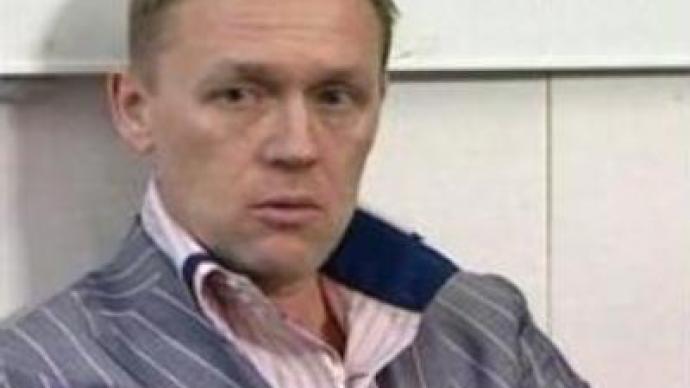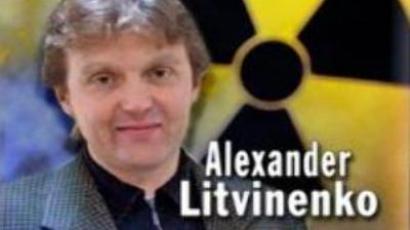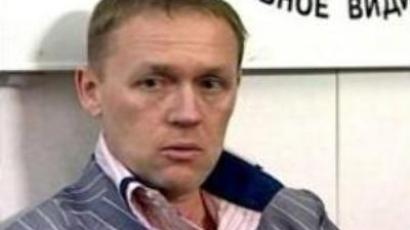Revelations multiply in Litvinenko case

As Andrey Lugovoy accuses British secret services of being linked to the death of Aleksandr Litvinenko, the Russian authorities make a statement concerning a “Chechen trace” in the Litvinenko case.
Russia's Deputy Interior Minister, Arkady Yedelev, has announced that former security officer Aleksandr Litvinenko had visited Chechnya to kill witnesses who linked Boris Berezovsky to Chechen terrorist leader Shamil Basaev.
Mr Yedelev claims Russian authorities have evidence of Boris Berezovsky helping Basaev purchase arms:
“We have witnesses who have testified that several million roubles given by Berezovsky to Basayev for reconstructing a factory, was spent on weapons. Litvinenko then came to Chechnya to eliminate the witnesses, but failed to do so”.
Shamil Basaev was considered to be terrorist number one in Russia, before he was killed by Russian Special Forces in July 2006.
There seems to be no end of new turns and revelations in then Litvinenko case. Andrey Lugovoy, accused of the murder by the British authorities produced a string of counter-accusations.
Lugovoy blamed Litvinenko's death on the British intelligence services, the Russian mafia or on the exiled Russian billionaire, Boris Berezovsky. British media hurried to stamp the allegations as absurd, adding their voices to dismissals by Litvinenko’s family and Boris Berezovsky himself.
But security experts in Britain confirm it would be a general practice for the secret services to keep an eye on political immigrants.
“The connections that people come with can be very useful – and undoubtedly Litvnenko served in the KGB, and FSB, and Boris Berezovky as a business mogul will have a whole manner of potentially useful contacts for the British intelligence services. So they well may have been approached on those grounds alone,” commented James McLeod-Hatch, AKE Group intelligence analyst.
British analysts argue that people who are involved in political games are a bad source for intelligence information.
“Russia is still something very close to being a high target because of the very strength and centrality of its counter intelligence organisation, the FSB. There’s been fairly aggressive Soviet espionage against the UK throughout the last decade it’s reciprocated and of course there’s been a succession of spy scandals,” says Dr Philip Davies who has written a book about Britain’s secret services.
Others add the influence of secret services is overestimated.
“The journalists love to exaggerate the importance of the intelligence services. They are not that important – they are a side show and they are usually wrong. What we have learnt in the past decade over Iraq, over Iran and over many other things – is that very often the intelligence services get things wrong,” believes the Financial Times international affairs editor, Quentin Peel.
Russia, meanwhile, accuses the British side in paying unjustifiably too much attention to the case and politicising the investigation.
“We see that the British side is trying to use this case and the need for professional investigation for political campaigning. We are against it. This should be considered by corresponding law enforcement agencies,” Russia’s Foreign Minister Sergey Lavrov said.














